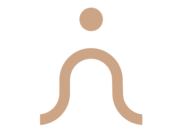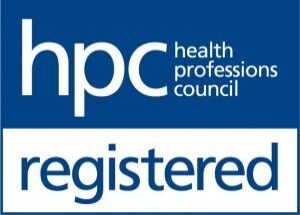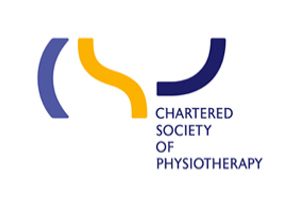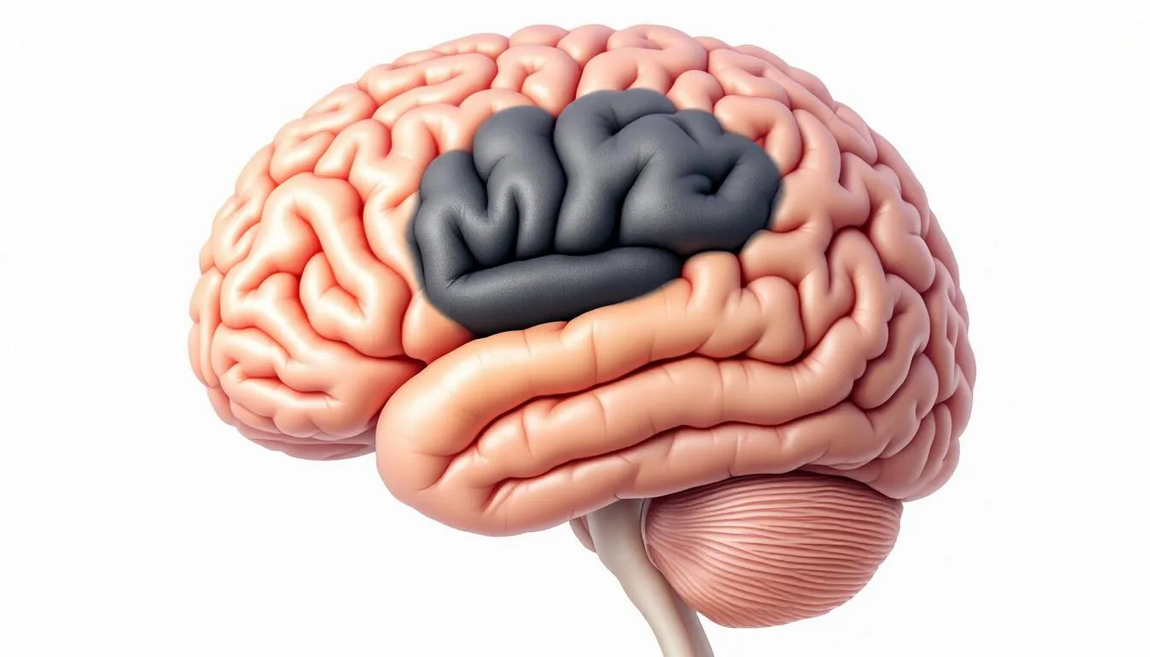
Stroke Physio: Causes, Treatment and Diagnosis
Introduction to Stroke
Stroke is a life-altering medical emergency that occurs when the blood supply to part of the brain is suddenly interrupted, either by a blockage or a burst blood vessel. This disruption deprives brain cells of oxygen and nutrients, leading to damage that can affect movement, speech, memory, and other vital functions. Stroke patients often face significant challenges, but with access to specialized rehabilitation services and the support of a dedicated healthcare team, many stroke survivors can make meaningful progress in their recovery process. Physiotherapy and other forms of rehabilitation are crucial in helping patients regain mobility, rebuild strength, and improve their quality of life. Physical therapy is one of the most prevalent types of rehabilitative treatment provided after a stroke. With the right guidance and a commitment to ongoing therapy, stroke survivors can work towards greater independence and a more fulfilling everyday life.
Causes of Stroke
Understanding the causes of stroke is essential for both prevention and effective treatment. The most common risk factors include high blood pressure, diabetes, high cholesterol, and smoking, all of which can damage blood vessels and increase the likelihood of a stroke. Adopting a healthy diet, engaging in regular exercise, and managing stress are important steps that stroke patients and those at risk can take to lower their chances of experiencing a stroke. In some cases, genetic conditions or certain medical procedures may also contribute to the risk. Healthcare professionals play a key role in helping patients identify and manage these risk factors, providing tailored rehabilitation services and treatment plans to support long-term health and recovery.
Symptoms of Stroke
Recognising the symptoms of stroke quickly is crucial for ensuring timely treatment and minimizing long-term effects. Stroke survivors may experience sudden weakness or numbness in the face, arm, or leg—often on one side of the body—as well as difficulty speaking, understanding speech, or seeing clearly. Problems with walking, balance, or coordination are also common, and some individuals may notice confusion, memory loss, or trouble with problem-solving. Because the brain controls so many aspects of movement and function, any sudden changes should be taken seriously. Immediate medical attention can make a significant difference in the treatment and recovery outcomes for stroke patients.
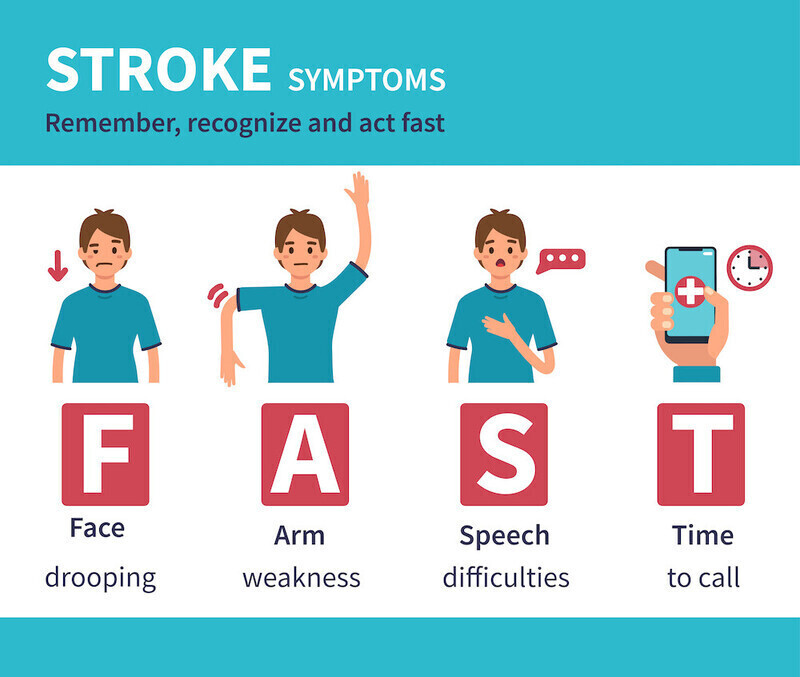
Diagnosis of Stroke
Accurate and prompt diagnosis is a vital first step in the treatment and rehabilitation of stroke patients. The healthcare team will typically begin with a thorough physical examination and a review of the patient’s medical history. Advanced imaging tests, such as CT or MRI scans, are used to pinpoint the location and extent of brain damage. Additional assessments, like electroencephalography (EEG) or electromyography (EMG), may be performed to evaluate brain function and muscle activity. In certain cases, a lumbar puncture might be necessary to rule out bleeding or infection. This comprehensive approach allows professionals to develop a personalized rehabilitation strategy, ensuring that each patient receives the most effective care for their individual needs.
Treatment of Stroke
The treatment of stroke is multifaceted, combining medication, surgical interventions, and a range of rehabilitation services to address the unique needs of each patient. Medications are often prescribed to control blood pressure, manage pain, and reduce anxiety, while surgical procedures may be required to remove clots or repair damaged blood vessels. Rehabilitation services, including physiotherapy, occupational therapy, and speech therapy, are essential for helping stroke survivors regain independence and improve their quality of life. Innovative therapies such as constraint induced movement therapy (CIMT) and mirror therapy have shown strong evidence in enhancing upper limb function and promoting movement recovery. By working closely with a team of healthcare professionals, stroke patients can access individualized treatment plans that support their mobility, function, and overall well-being throughout the recovery journey.
How can I recover from a stroke?
Evidence supports early, high intensity, rehabilitation. In the early stages, a minimum of 45 minutes of Physiotherapy, five days a week is recommended. These therapy sessions are structured to maximize recovery. Early mobilization after a stroke can prevent complications from bed rest and deconditioning. Rehabilitation typically spans several weeks, with progress monitored throughout. Rehabilitation begins whilst in hospital. Some clients also attend a period of inpatient rehabilitation to help them return home. This may be followed by community rehabilitation, which is where Estuary Physio can help. Different stages of recovery require tailored approaches and training. Physical exercises and specific exercises are incorporated into each session to target motor function and independence.
What if I need private Physiotherapy in my own home?
Following a stroke, a Stroke Physio works closely alongside other health professionals to help a client relearn skills they have lost. Home-based physiotherapy provides convenience for stroke patients during their recovery. Physiotherapists may work in private practice as well as in hospitals and community settings. They work closely with clients, families, carers, and the healthcare team to set client-centred goals.
This helps guide our treatment, to improve independence, build confidence and improve quality of life. Treatments may include: soft tissue massage, functional practice, passive mobilisations, exercise prescription including Pilates, respiratory techniques, constraint-induced movement, functional electrical stimulation, orthotics, weight management, gait re-education, and the use of aids and assistive devices. Progressive resistance exercises promote muscle strength in stroke rehabilitation. Therapy aims to aid clients in regaining movement and function. Each session is tailored to the client's needs and may involve carers for additional support. Physiotherapy helps prevent complications such as muscle atrophy by encouraging regular exercising and functional movements. These interventions have been shown to be beneficial for stroke recovery.
How can I prevent another stroke?
Clients who have already had a stroke are at greater risk of having another, and age is a significant factor, with stroke risk increasing as people get older. We work closely with other members of the healthcare team to ensure our clients are taking the prescribed medication and other medicines, which play a crucial role in managing risk factors and preventing recurrence. Regular consultation with healthcare professionals is important for reviewing medicine regimens and making informed decisions. We also support clients in changing behaviours such as taking regular exercise and eating healthy, as well as supporting with smoking cessation and reducing alcohol consumption, as needed.
What is the stroke recovery timeline?
Rehabilitation is a lifelong process for most people. Research has reviewed the efficacy of various rehabilitation strategies, highlighting the importance of evidence-based practice. Community fitness programs are beneficial for stroke recovery. We work with our clients to find a way to build it into their life and find a way to make physical activity something that they love and can continue life long.
The aim of rehabilitation is to maximize recovery and independence, and ongoing learning and adaptation are important parts of the process. Rehabilitation focuses on the connection between brain function and motor recovery, emphasising the human element in therapy. The criteria for accessing certain services may vary, and specific interventions are undertaken based on individual needs.
Patients, carers, and professionals all have an account in the rehabilitation process, and completing the recommended program is essential for optimal outcomes. It is important to provide person-centered care, focusing on each person's unique journey.
We will help stroke survivors work towards their maximum potential but, there is no quick fix and we do not have a magic wand. Overall, rehabilitation takes time, patience and dedication.
Booking an Appointment
If you would like to find out more about Estuary Physios stroke service, please get in touch with us today and speak with one of our clinicians.
Helpful resources:
Medical Review
The information on this page has been reviewed for accuracy by Barry Ford BSc MCSP, Physiotherapist
Other conditions we treat:
We understand that our clients often have a range of medical conditions. Our therapists have a broad range of backgrounds. For example, following a stroke, clients may find that their chronic lower back pain is worse. We have specialist musculoskeletal therapists who can work alongside a Stroke Physio to get the best results. Find our Musculoskeletal services at: https://www.estuaryphysio.com/services/back--neck-and-joint-pain


